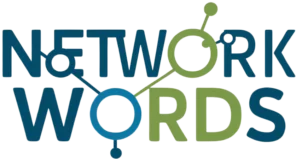Unit 1: Network Infrastructure
This will allow you to demonstrate your networking skills, knowledge, and abilities, with a focus on enterprise-level switching, routing, and multicast components that support cross-platform (inter)operability and integration with the most recent software-defined technologies.
BGP was first being developed, the assumption was that a 16-bit would be sufficient for AS assignment. There are 65536 distinct Autonomous System numbers, and AS can be described as a 16-bit number. The Regional Registries are responsible for assigning BGP Autonomous System Numbers (ASNs), whereas the IANA Authority administers the pool of accessible ASNs.
At the present pace of use, all of the publicly available AS numbers will have been used up, meaning that the 2-byte ASN pool will be completely exhausted by the beginning or middle of 2011. An expansion of the current 2-byte AS number to a 4-byte AS number theoretically yields 4,294,967,296 unique AS numbers, which is a solution to this exhaustion of AS numbers. Along with implementing the solution, ARIN has revised its policies as follows.
From January 1, 2009, all new Autonomous System Numbers (ASNs) will be 4-byte by default, unless asked for something different. Following a globally unified policy, ARIN and all the Regional Internet Registries started giving out four-byte ASNs upon request in January 2007.
Because of the Cisco IOS BGP 4-Byte AS feature, BGP can carry an Autonomous System Number (ASN) that is encoded as a 4-byte object. By adding this function, an operator can now use an expanded 4-byte AS number that IANA has given them.



